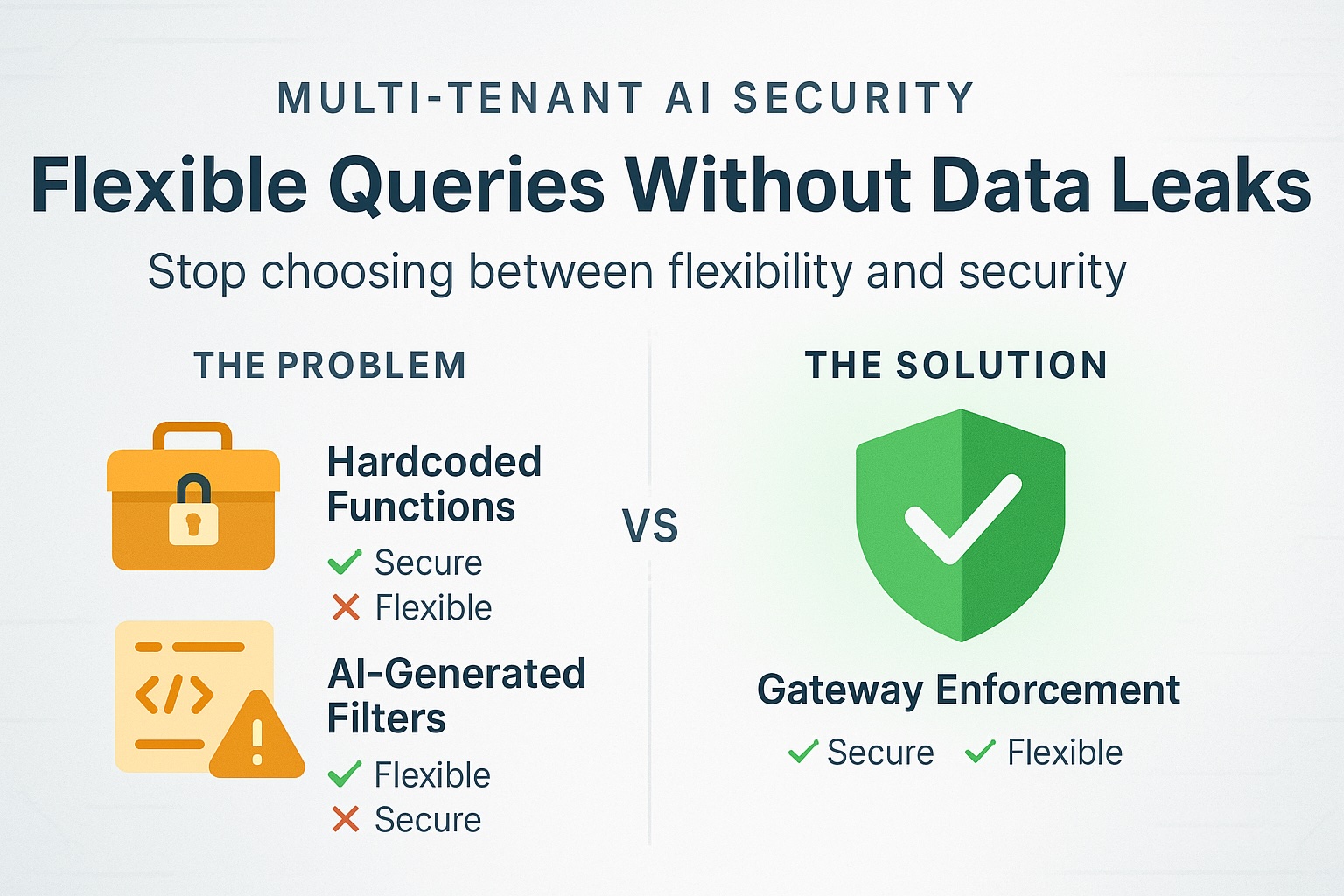From chaos to deliverable
Connect your business tools to generate quotes, invoices, and reports with a simple question — no more switching between ten tabs.
Book a callA recognized track record of excellence




Too many hours lost searching?
The right data, at the right time, in the right format.
Instant
Connected to your data in real-time, our copilot provides answers without latency. No more waiting for reports, relevant information is at your fingertips.
Discover data connectionPersonalized
The copilot is trained on your documents and adapts to your business processes. It integrates your document templates, pricing grids, so that every answer is specific to your company.
Explore customizationSimplicity
Centralize access to information. No more juggling between ten applications: ask your question, get a concise and actionable answer.
See a workflow exampleJiliac Copilot
Online
quote_acme_corp.pdf
246 KB
Unify, transform, act
Our AI connects your sources (CRM, Drive, ERP), analyzes context and generates accurate documents, from invoices to reports, without any manual tasks.
Case studies
Real cases delivered in production.

Building Explainable AI: Session Logging and Shareable Results

Multi-Tenant AI: Flexible Queries Without Data Leaks

